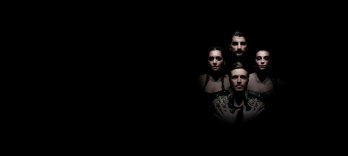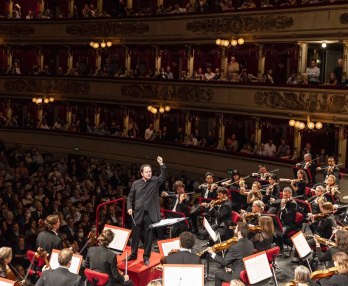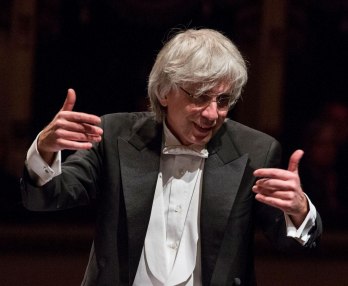Milan La Scala Opera Tickets | Teatro alla Scala Italy
What's on
CheBanca National Theatre
Milan - CheBanca National Theatre
Fr 19 Apr 2024, 21:00 - Su 21 Apr 2024, 15:30
Fr 19 Apr 2024, 21:00 - Su 21 Apr 2024, 15:30
Bestseller events
Teatro alla Scala Tourist Packages
Milan -
Teatro alla Scala Milano Tourist Packages
Teatro alla Scala Tourist Packages
-
John Neumeier
Milan -
Teatro alla Scala Milano Tourist Packages
Teatro alla Scala Tourist Packages
-
Antonio Cesti
Milan -
Teatro alla Scala Milano Tourist Packages
Latest news

 EN
EN DE
DE IT
IT FR
FR ES
ES RU
RU JP
JP RO
RO




